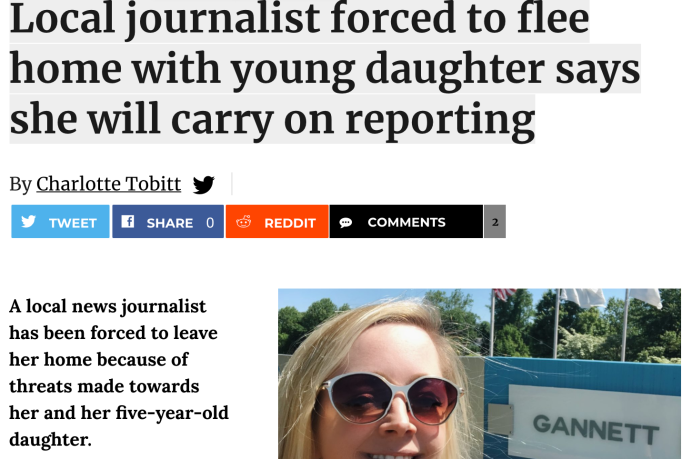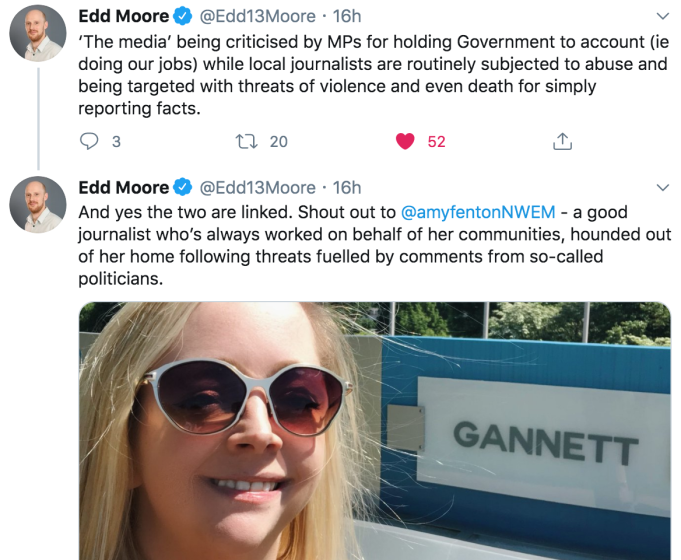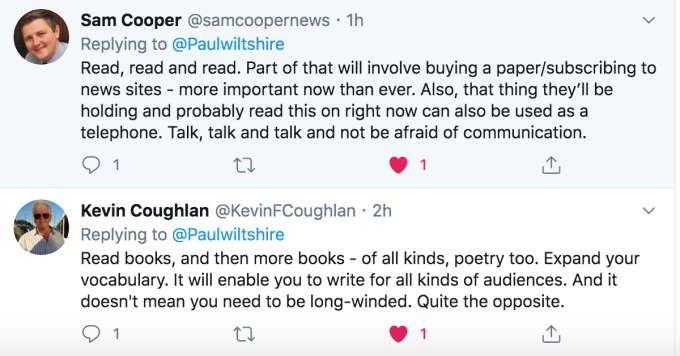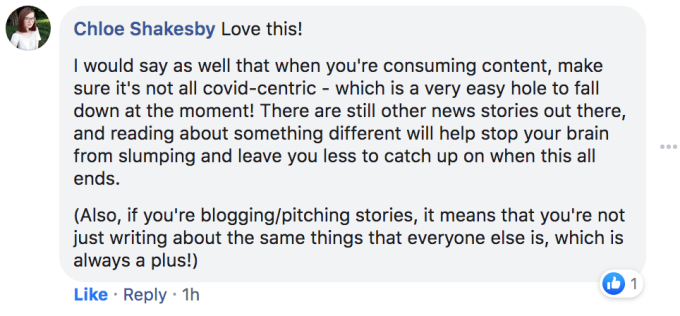It’s nearly 3,500 miles from Washington DC to Barrow in Cumbria.
And they’re very, very different places.
But, for one journalist in the industrial town famed for its nuclear submarine production, there’s a clear line between her community and the White House.
For there in the Oval Office, sits a man who daily seeks to undermine trust in objective and responsible reporting.
A man for whom truth is a fluid, malleable concept, and who has at every turn attacked any media organisation which dares to even mildly hold him to account.
Trump makes it his business to whip up hatred of journalists, to encourage his voters to treat all reporting, any reporting, with at best suspicion, at worst contempt.
Slightly closer to Cumbria, in Britain’s own version of the Oval Office, Trump’s equally eccentrically-coiffured mate Boris Johnson is now pursuing a very similar path.
Neither Trump nor Johnson have cast doubt on the reporting of Amy Fenton of the Mail in Barrow.

They haven’t directly whipped up the crowds of protesters who have demonstrated outside the Mail’s offices.
And – devoted Twitter user though he might be, Trump hasn’t been posting evil social media messages about Amy and her family.
But I do think we can draw an arc from Trump’s cynical undermining of honest reporting to the horrendous agony now being suffered by Amy.
This is a professional reporter who has been forced to move out of her house purely because of her dedication to chronicling the truth on her patch – and her publication’s refusal to break the law.
The Mail is under fire for not writing the sort of story that bigots want to read.
Talking of bigots, Boris Johnson clearly has form in encouraging really nasty behaviour. Leaving aside his willingness to supply information which would have helped his mate Darius Guppy get a journalist beaten up, his comments likening women wearing the burka to letterboxes have been blamed for fuelling racist attacks.
His Downing Street regime has been ramping up – to use one of its favourite phrases – a war on challenging and investigative journalism.
Whether it’s the Guardian, the Sunday Times, the BBC, Good Morning Britain, Channel 4 News, or the brilliant Jen Williams of the Manchester Evening News, Johnson’s press office has been willing to sweep aside convention to launch lengthy but flawed rebuttals, and to personally target individual reporters.
All of this has come to a dangerous head with the Dominic Cummings affair, where the Number 10 press office chose not to respond to requests for a comment for weeks on end, and then attempted to grab the moral high ground over the very limited areas of the storytelling where speculation had got the better of the facts.
That wasn’t their finest or most transparent hour.
But on Monday, Cummings had the chance to give his account of events, direct to the British people, unfiltered by the media.
Those British people were not, by and large, impressed, with 71 per cent of them concluding he had broken the lockdown rules.
Let me just repeat that. After hearing directly from the horse’s mouth, rather than from the media, most people came to the conclusion that Cummings had behaved wrongly, and more than half decided he should leave his job.
And yet on Wednesday, his alleged boss went specifically out of his way to labour the claim that much of the reporting had been false. Two days after Cummings had set out his case, Johnson was still trying to undermine reporting from five days before, still trying to shoot the messenger.

On the one hand, it was like some ham-fisted attempt to rewrite that Two Ronnies sketch where the contestant answers the question before last.
The comments came as Johnson appeared before the Commons liaison committee in a performance that could quite easily be portrayed as comedic.
But, leaving aside the fact that these are matters of life and death, Johnson’s media strategy is also far from a laughing matter.
It is straight out of the Trump playbook: a deliberate attempt to muddy the waters so that the public feel that no reporting can truly be trusted.
Nothing gives Johnson and Co greater pleasure than hearing the public say: ‘I don’t know who to believe.’
For them, that’s job done. That’s earth thrown in the face of scrutiny, compromising clear vision and thought.
It becomes, as Paul Lewis of the Guardian has described it, government-endorsed trolling, and it’s a slippery slope that leads us to the rather more savage version conducted by thugs in Barrow.
However much some of us despise this country’s leadership, we take our moral tone from the top.
If the word in Downing Street is that it’s ok to attack journalists for telling the truth, we shouldn’t be surprised if on the streets of Barrow, that message is taken literally.






